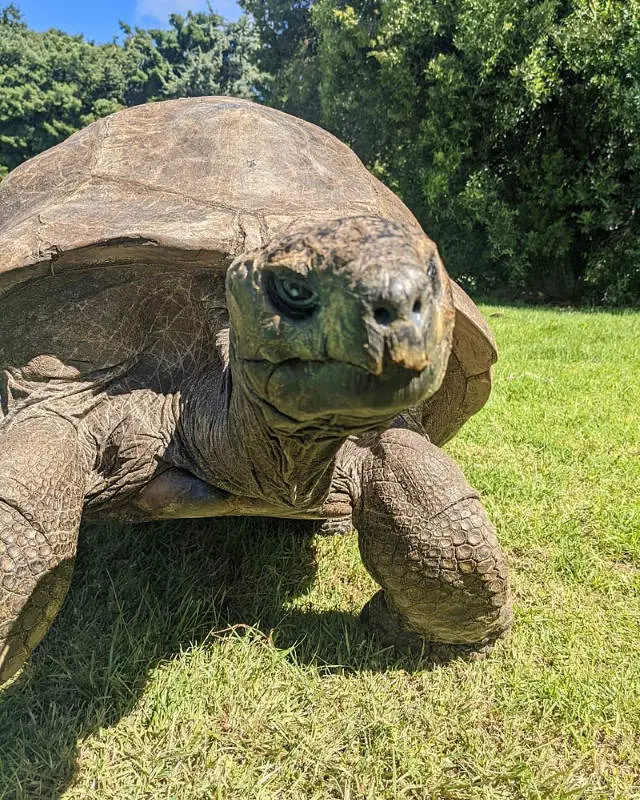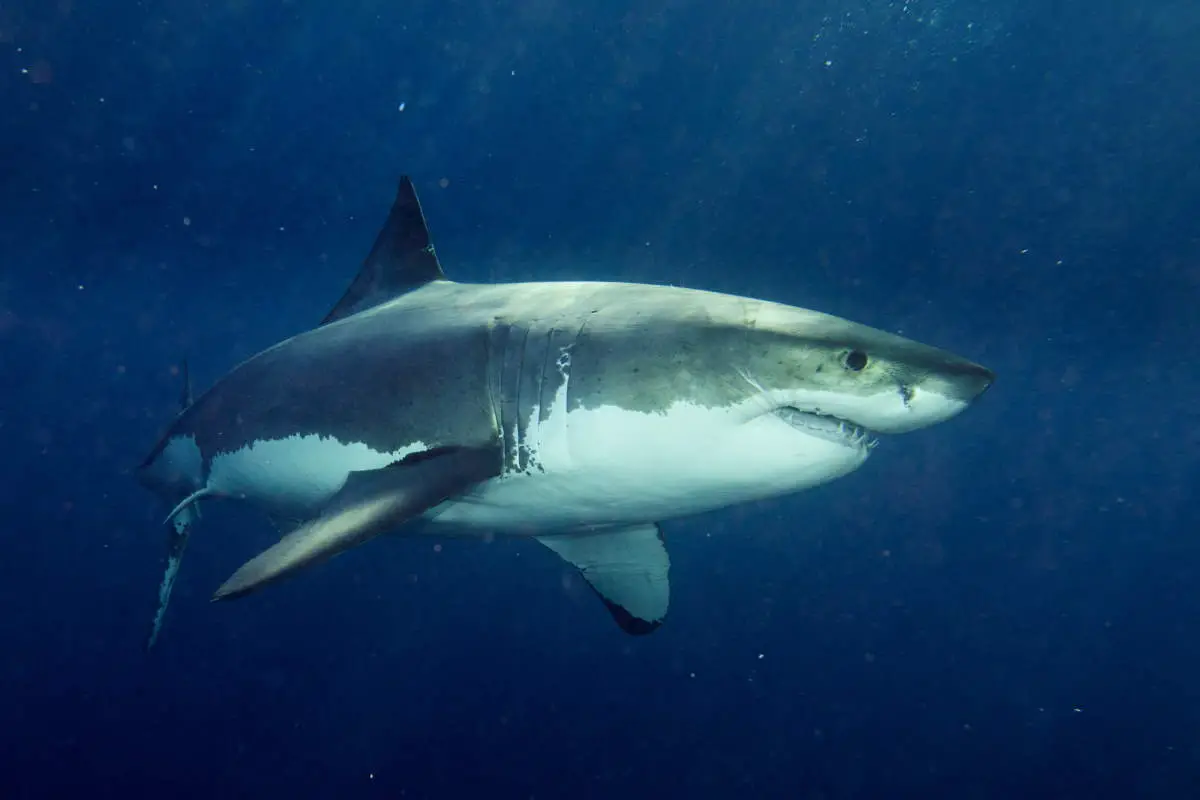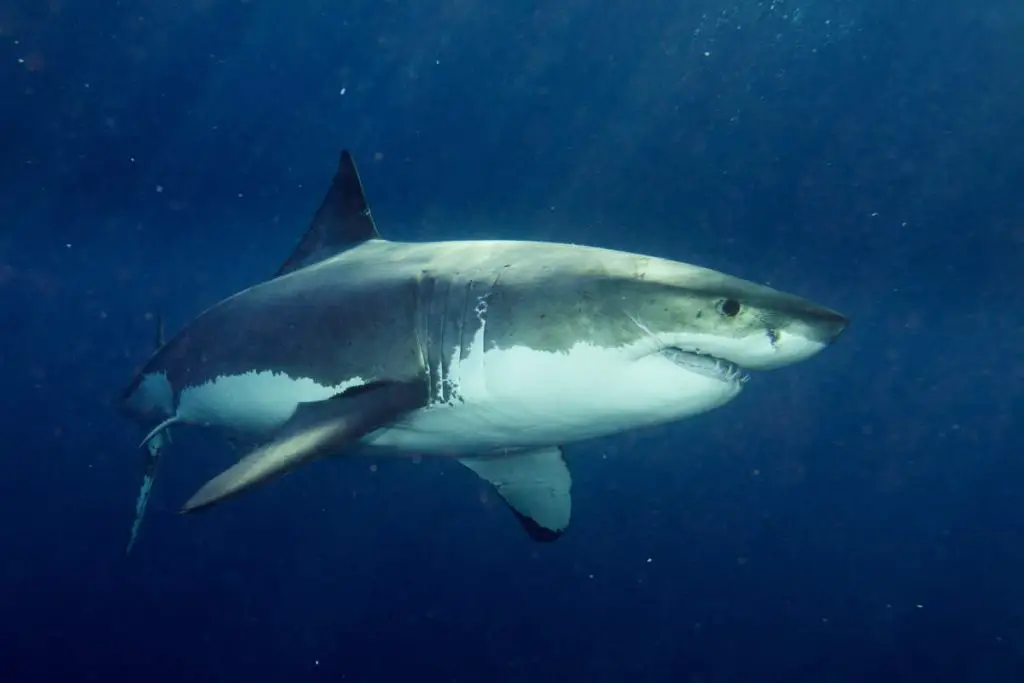Great white sharks (Carcharodon carcharias) can live for a very long time, with an estimated lifespan of 70 years or more. However, it is difficult to determine the exact lifespan of the great whites because they are not easy to study in the wild. And they cannot be kept in captivity, they start to weaken when they are put in a pool or a tank – even a big one. They constantly run into the glass until they get exhausted and die.
Great white shark lifespan
According to the Smithsonian Ocean website, great whites can live up to 60 years, maybe more. Most sharks are slow to grow and take a long time to mature. That means that on the whole, sharks reproduce only a few young, making them all the more vulnerable to extinction.
Previously, it was thought that great white sharks lived around twenty years, but a 2014 study suggests that great white sharks are living anywhere from 50 to 70 years or more. As a result, great white sharks mature more slowly.
Estimated ages by the researchers were up to 40 years old for the largest female (fork length [FL]: 526 cm / 17.25 feet) and 73 years old for the largest male (FL: 493 cm / 16.17 feet). Scientists used radiocarbon analyses of vertebrae from four female and four male specimens to achieve these results.
So, this longer lifespan makes great whites even more vulnerable to extinction because they take longer to reproduce. The study mentioned above raises concerns that great white shark populations are considerably more sensitive to human-induced mortality than previously thought.
They are considered “vulnerable” worldwide by the International Union for the Conservation of Nature Red List of Threatened Species and are protected via international trade agreements including the Convention on International Trade in Endangered Species and the Convention on Migratory Species.

Related: Top 10 longest-living animals
Sources
- Great White Shark (Carcharodon carcharias) on the Smithsonian Ocean website
- “Great White Sharks Live As Long As Humans” on the Live Science website
- Study: “Vertebral Bomb Radiocarbon Suggests Extreme Longevity in White Sharks” on journals.plos.org (Li Ling Hamady, Lisa J. Natanson, Gregory B. Skomal, Simon R. Thorrold. Published on January 8, 2014)
- Budget of NASA, Year by Year [1980-1989] - June 10, 2024
- Budget of NASA, Year by Year [1970-1979] - June 10, 2024
- Budget of NASA, Year by Year [1958-2024] - June 10, 2024


